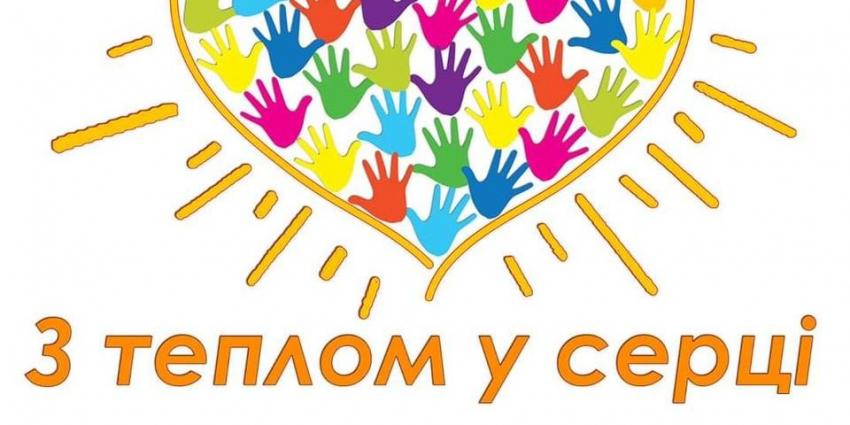From CNN's Ivana Kottasová and Yulia Kesaieva
Vova doesn't know there is a war raging right outside his window.
He doesn't understand the meaning of the air raid sirens. He is unaware of the destruction caused by Russian bombs dropping on Kyiv. He just wants to build towers with his toy blocks and press the buttons on his mom's phone that make it play songs and cartoons he likes.
Vova, a pet name for Volodymyr, is 17 and has Opitz-Kaveggia syndrome, a rare genetic condition that causes severe intellectual disabilities. He needs round-the-clock care and anti-seizure medication that has become impossible to obtain as Russian troops close in on the Ukrainian capital, according to his mother, Natalia Komarenko.
"We can't take him by train, because at any moment he may have a seizure and his temperature may rise. He may not always voice his need to go to the bathroom, and he can't be left unattended even for a minute," Komarenko said, adding that driving is also dangerous, in case he has a seizure.
Vova and his family are among thousands of Kyiv families that cannot leave the city because of health conditions that make travel extremely risky.
Komarenko heads a charitable foundation called Z teplom u sertsi (Ukrainian for "With Warmth in the Heart"). The group brings together and creates support networks for Kyiv families living with disabilities. Only 20 to 50 of the 1,247 families in the group -- around 260 people in all -- have been able to flee the capital, according to Komarenko.
The European Disability Forum, a pan-European NGO, estimates there are 2.7 million people with disabilities in Ukraine. According to Inclusion Europe, another NGO, there are around 261,000 people in Ukraine with intellectual disabilities that make them extremely vulnerable to the conflict.
At least 100,000 of them, mostly children, live in care homes and institutions. Their chances of getting out of the country are slim.
Courtesy: https://www.cnn.com/europe/live-news/ukraine-russia-putin-news-03-12-22/h_0f3652513f5c1c9de7d27c9d491761ae

